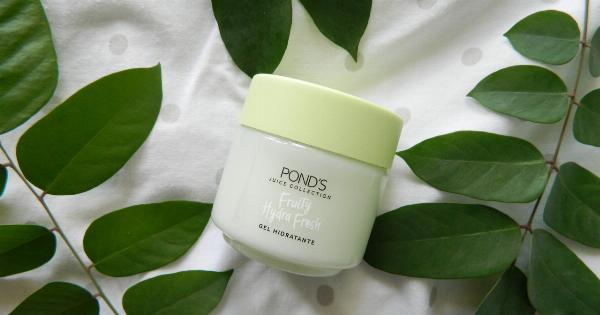Eczema is a chronic inflammatory skin condition that affects millions of people worldwide. It is characterized by dry, itchy, and irritated skin, typically in the form of patches or rashes.
The exact cause of eczema is unknown, but it is believed to be a combination of genetic and environmental factors. Eczema can be triggered by a variety of factors, such as certain foods, allergens, irritants, stress, and weather conditions.
Symptoms of Eczema
The symptoms of eczema can vary from person to person, but common symptoms include:.
- Redness and inflammation of the skin
- Intense itching
- Dry, scaly, or thickened skin
- Oozing or crusting of the affected areas
- Sensitivity to certain irritants or allergens
Understanding the Triggers
Identifying and avoiding triggers is crucial in managing and preventing eczema flare-ups. Here are some common triggers that you should be aware of:.
Allergens
Allergens, such as dust mites, pet dander, pollen, and mold, can aggravate eczema symptoms. Minimizing exposure to these allergens can help prevent flare-ups.
Regularly cleaning and dusting your home, using allergy-proof mattress and pillow covers, and avoiding contact with furry animals can all make a difference.
Irritants
Various substances can cause skin irritation and trigger eczema, including certain fabrics, soaps, detergents, and cleaning products.
It is important to choose gentle, fragrance-free products and to minimize contact with harsh chemicals or materials that may aggravate your skin.
Stress
Stress is known to worsen eczema symptoms. Finding effective stress management techniques, such as exercise, meditation, and deep breathing, can help reduce the likelihood of eczema flare-ups.
Weather conditions
Cold weather, low humidity, and excessive heat can all contribute to dry skin and eczema flare-ups.
Protecting your skin from extreme temperatures, using humidifiers indoors, and avoiding excessive sweating can help prevent weather-related eczema triggers.
Diet
Certain foods can trigger eczema symptoms in some individuals. Common culprits include dairy products, eggs, nuts, and gluten.
Keep a food diary to identify any potential triggers and consider eliminating or reducing the consumption of these foods to see if it helps improve your skin condition.
Moisturize Regularly
One of the most effective ways to shield yourself from eczema is to keep your skin moisturized. Moisturizers form a protective barrier on the skin’s surface, preventing moisture loss and reducing the chances of a flare-up.
Opt for fragrance-free, hypoallergenic moisturizers that are specifically formulated for sensitive skin.
Avoid Scratching
Although it may be tempting, scratching eczema patches can worsen inflammation and lead to infection. Keep your nails trimmed short and wear comfortable, breathable clothing to minimize the urge to scratch.
If necessary, you can use protective coverings or bandages to prevent scratching during sleep.
Wear Soft Fabrics
Choose clothing made from soft, natural fibers like cotton or bamboo. These fabrics are gentle on the skin and allow it to breathe, reducing the likelihood of irritation.
Avoid wearing rough or synthetic materials that can irritate your skin and exacerbate eczema symptoms.
Maintain a Consistent Skincare Routine
Establishing a regular skincare routine is crucial in managing eczema. Use gentle cleansers and avoid hot showers or baths, as they can strip your skin of its natural oils.
Pat your skin dry with a soft towel and immediately apply moisturizer to lock in hydration.
Consult a Dermatologist
If you are struggling to manage your eczema or experiencing severe symptoms, it is essential to seek professional help.
A dermatologist can provide a proper diagnosis, recommend effective treatment options, and offer valuable advice on how to shield yourself from eczema for life.



























